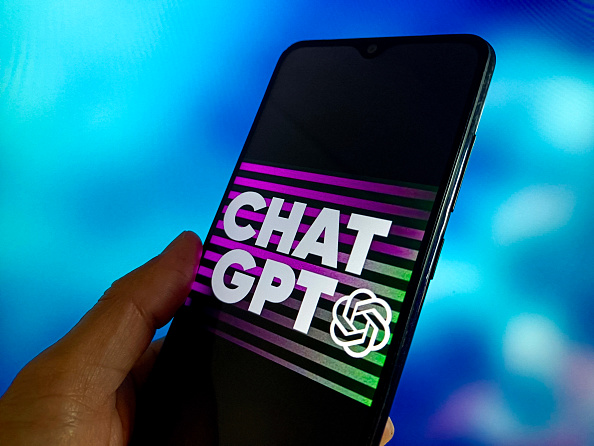OpenAI has launched ChatGPT Edu, a specialized version of its AI technology tailored for universities. This initiative aims to integrate AI responsibly into various academic and campus operations, enhancing educational experiences and operational efficiencies.
Overview and Key Features
ChatGPT Edu is powered by GPT-4o, offering advanced reasoning capabilities in both text and vision. Key features include:
- Advanced Text Interpretation: Excels in interpreting text, coding, and mathematics.
- Data Analysis and Tools: Provides robust data analysis, web browsing, and document summarization tools.
- Customizable GPTs: Allows universities to create and share custom versions of ChatGPT within their workspaces.
- High Message Limits: Offers significantly higher usage compared to the free version of ChatGPT.
- Multilingual Support: Supports over 50 languages with improved quality and speed.
- Enterprise-Level Security: Includes features like group permissions, single sign-on (SSO), SCIM 1, and GPT management, ensuring robust security and privacy. Conversations and data are not used to train OpenAI models.
Inspiration and Use Cases
The development of ChatGPT Edu was inspired by the successful implementation of ChatGPT Enterprise at prominent universities such as:
- University of Oxford
- Wharton School of the University of Pennsylvania
- University of Texas at Austin
- Arizona State University
- Columbia University in the City of New York
These institutions have leveraged AI to enhance educational experiences and operational efficiencies, setting a precedent for broader AI adoption in academia.
Innovative Applications
Columbia University: Professor Nabila El-Bassel is using AI to reduce overdose fatalities by developing a GPT that can quickly analyze and synthesize large datasets, enabling timely and effective interventions.
Wharton School: Professor Ethan Mollick’s courses incorporate ChatGPT for final reflection assignments, allowing students to engage in discussions with a GPT trained on course materials for deeper insights.
Arizona State University: Assistant Professor Christiane Reves is developing a custom Language Buddies GPT for German language practice, providing personalized conversations and feedback to help students improve their skills while saving faculty time on assessments.
Impact and Future Prospects
Kyle Bowen, Deputy CIO at Arizona State University, stated, “Integrating OpenAI’s technology into our educational and operational frameworks accelerates transformation at ASU. We’re collaborating across our community to harness these tools, extending our learnings as a scalable model for other institutions.”
ChatGPT Edu is designed for schools aiming to broadly deploy AI for the benefit of their students and campus communities. Institutions interested in learning more are encouraged to contact OpenAI’s team for further information.

